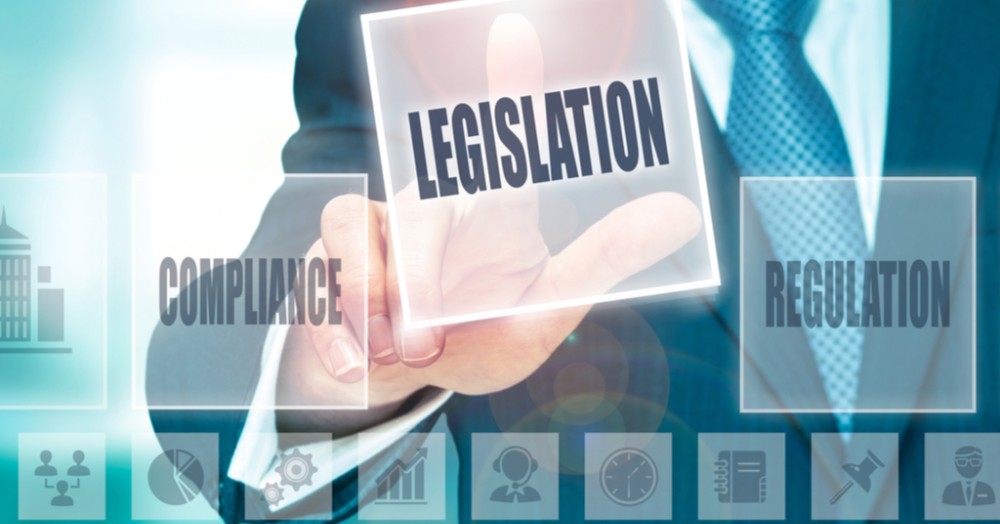
Landlord Legislation to Keep an Eye On
Landlord Legislation to Keep an Eye On
We know that keeping up with so many rules and regulations can feel overwhelming, so here’s a clear guide to help you stay compliant, avoid nasty surprises, and stay one step ahead.
Tenant Fees Act
The Tenant Fees Act makes renting fairer for tenants by banning most additional charges. Landlords and letting agents cannot bill tenants for things like referencing, inventories, contract changes, renewals, or check-out.
The only permitted payments are:
Rent
Tenancy deposits (capped by law)
Holding deposits (capped at one week’s rent)
Reasonable charges for lost keys, late rent, or tenant-caused damage
Unlawful fees can result in significant fines, so it’s crucial to follow the rules.
Client Money Protection Schemes (CMPS)
All letting agents must be part of a government-approved Client Money Protection scheme. This protects rent, deposits, and maintenance funds, giving landlords and tenants peace of mind.
If you use a managing agent, make sure they’re covered — non-compliance can result in heavy financial penalties.
Mortgage Interest Tax Relief
Landlords can no longer deduct mortgage interest costs directly from their rental income. Instead, they receive a tax credit on mortgage interest payments, which particularly affects higher-rate taxpayers.
Some landlords have chosen to operate through limited companies to structure their finances more efficiently — it’s worth seeking professional tax advice to see what works best for you.
Minimum Energy Efficiency Standards (MEES)
Rental properties must meet minimum energy efficiency standards before they can legally be let. Currently, properties need to meet an EPC rating of at least E, but there are ongoing discussions about raising this to a C rating in the future.
This means landlords with lower-rated properties should start planning upgrades now — for example, insulation, double glazing, or more efficient heating systems. Making improvements gradually will help spread the cost and avoid rushed last-minute work.
Electrical Safety Standards
Landlords are legally required to ensure their property’s electrical installations are safe. This includes obtaining an Electrical Installation Condition Report (EICR) from a qualified professional and renewing it at least every 5 years.
Copies of the report must be shared with tenants. Failure to comply can result in substantial fines.
Renters Reform
The government is reshaping how the private rented sector works through a package of reforms often referred to as the Renters Reform Bill. The key proposals include:
Ending Section 21 “no-fault” evictions – landlords will need a valid reason to regain possession.
Periodic tenancies for all renters – removing fixed terms and moving to rolling contracts.
Stronger grounds for possession – updated Section 8 rules to allow landlords to reclaim properties if selling, moving in, or in cases of arrears or antisocial behaviour.
Decent Homes Standard – rental properties must meet clear quality and safety standards.
Private Renters’ Ombudsman – offering faster, cheaper dispute resolution.
A central property portal – where landlords must register and prove compliance.
Landlords should begin preparing now by reviewing tenancy agreements, tightening their record-keeping, and ensuring homes meet high safety and quality standards.
Other Key Compliance Areas
Right to Rent checks – landlords must verify tenants’ legal status to rent in the UK.
Minimum space requirements – rules around bedroom sizes prevent overcrowding.
Homes (Fitness for Human Habitation) Act – landlords are legally responsible for ensuring properties are safe, secure, and free from hazards.
Final Thoughts
Legislation for landlords is constantly evolving, and keeping on top of it is essential for protecting your investment and staying compliant. By understanding the rules around fees, safety standards, energy efficiency, and tenancy reform, landlords can stay ahead of the game and avoid costly penalties.
Comprehensive insurance, professional advice, and proactive property management are the best ways to make sure your rental business continues to thrive.
Would you like me to add a quick checklist at the end (something like “5 things every landlord should do now to stay compliant”), so readers walk away with a simple action plan?